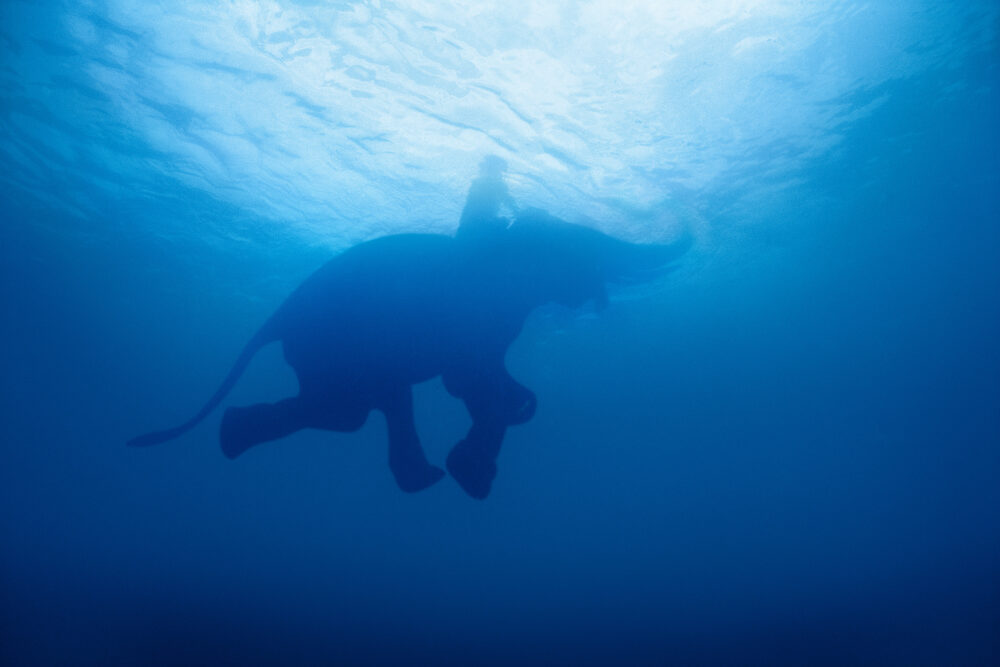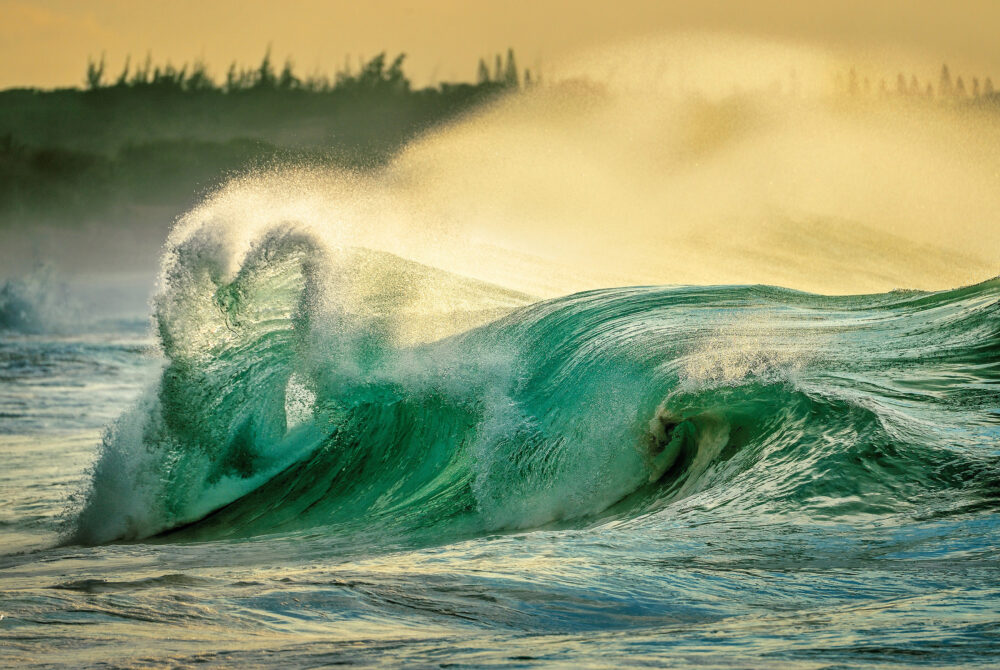Jonathan Kingston
Jonathan Kingston’s father is a world-renowned chemist who helped invent paclitaxel, a drug used to treat ovarian and breast cancers. Only recently did Jonathan discover that, as a young man growing up in Great Britain, his father also harbored a passion for photography. Jonathan’s own career began with a three-year stint on a Crow Indian reservation in Montana, after which he enrolled at the Brooks Institute’s School of Photography in Santa Barbara, California, before moving to India, where he taught at the first photography school in Southeast Asia. Since then, he has been traveling the globe collecting vibrant images of the natural world. His work has appeared in print and online publications including National Geographic and The New Yorker, and he has received honors from the prestigious Communication Arts and PDN Photo Annual competitions. Jonathan is currently working on a project in Colombia searching for the remains of one of 17th-century pirate Henry Morgan’s ships. He lives in Bend, Oregon.
Q & A
One of the things you specialize in is marine archaeology. Tell us what attracts you to that—and about your project in Colombia.
I’ve always liked solving problems. So there’s the highly technical aspect of being under the water, keeping yourself alive and making pictures. You are also working with a team of people solving ancient mysteries. You find these little pieces of things and you have to connect the dots backward. The project in Colombia is hopefully coming up in 2016. I’m working with a chap named Friedrich “Fritz” Hanselmann, out of the University of Texas, who has discovered a number of ships he believes are connected to Henry Morgan, the pirate. I worked with him on a previous Morgan project in Panama. We found some cannons from Morgan’s flagship, Satisfaction, which sank in Panama in the late 1600s. Fritz thinks he may have found some other ships associated with Morgan down in Colombia.
Is there a larger mission behind your work, Jonathan?
My mission is very similar to [National Geographic’s] mission as a whole, which is to inspire people to care about the planet. To borrow a phrase from a friend, Dewitt Jones, it is, in large part, about celebrating what’s right with the world. There are so many awful things going on in the world right now—let’s celebrate what’s good about it.
Since 2002, Jonathan has been traveling the globe, making images of our world that have appeared in various publications including National Geographic, The New York Times, Geo Saison, National Geographic Traveler and Adventure. Jonathan simultaneously completed degrees from Brooks Institute of Photography and Virginia Tech in commercial photography and mass communications, respectively. His work has won numerous awards including the prestigious PDN and Communication Arts photography annual competitions.
Jonathan’s excellence in photography is rivaled by his love for teaching. Since working as one of the first faculty members at India’s sole professional photography institute, Light and Life Academy, he has taught at the Lepp Institute and regularly teaches photography workshops in Idaho and Hawaii. Jonathan has also produced an instructional DVD on Photoshop and an online training series on Lightroom. When not working, Jonathan likes to spend his time rock climbing, surfing and snowboarding. Jonathan has been diving since 2000 and considers documenting the underwater world one of the greatest privileges in his life.
National Geographic Image Collection Interview With Jonathan Kingston By Simon Worrall
Showing all 2 resultsSorted by latest

